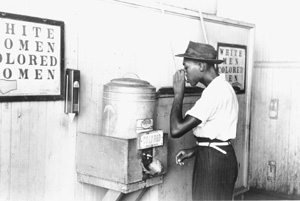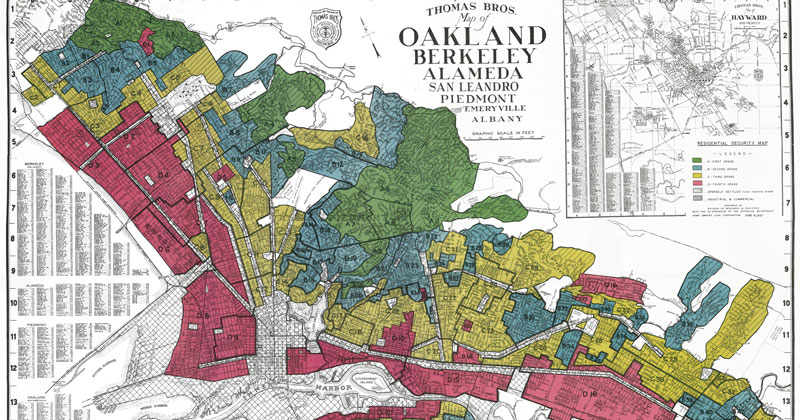

К оглавлению / The Evolution of Inequality in the U.S. Holder decision, several states have enacted laws limiting voter access, including ID requirements, limits on early voting, mail-in voting and more.Все о едином государственном экзамене 2011 года. Supreme Court walked back part of the Voting Rights Act when it ruled in a 5-4 vote that constraints placed on certain states and federal review of states’ voting procedures were outdated. Within a year, only four of the 13 southern states had fewer than 50 percent of African American registered voters. Signed into law 95 years after the 15 th Amendment was ratified into the Constitution, the Voting Rights Act of 1965 outlawed most discriminatory voting practices in southern states such as literacy tests, poll taxes, and grandfather clauses that had been designed by southern legislatures to suppress the African American vote.Īlmost as swift as the resistance to Black voter participation had been nearly a century earlier, so had the response to this landmark legislation.

In Georgia, which implemented a cumulative poll tax in 1877 that required all citizens to pay back taxes before being permitted to vote, Black voter turnout went down 50 percent, according to Morgan Kousser in The Shaping of Southern Politics: Suffrage Restriction and the Establishment of the One-Party South, 1880-1910. The taxes, which were $1 to $2 per year, disproportionately impacted Black registered voters. “This newspaper believes in white supremacy,” said a Tuscaloosa (Alabama) News editorial in 1939, “and it believes that the poll tax is one of the essentials for the preservation of white supremacy.”Įleven states in the South had laws that required citizens to pay a poll tax before they could vote.

While southern legislatures claimed that poll taxes for voting were designed to raise state revenue, to many white political leaders, the main purpose was to suppress the African American vote. For the first time since adoption of the State Constitution in 1890, Black voters participate in the Mississippi Democratic primary, 1946.


 0 kommentar(er)
0 kommentar(er)
